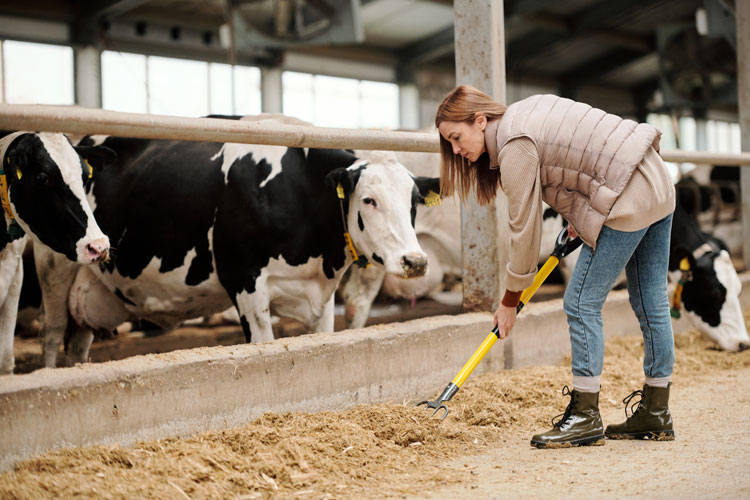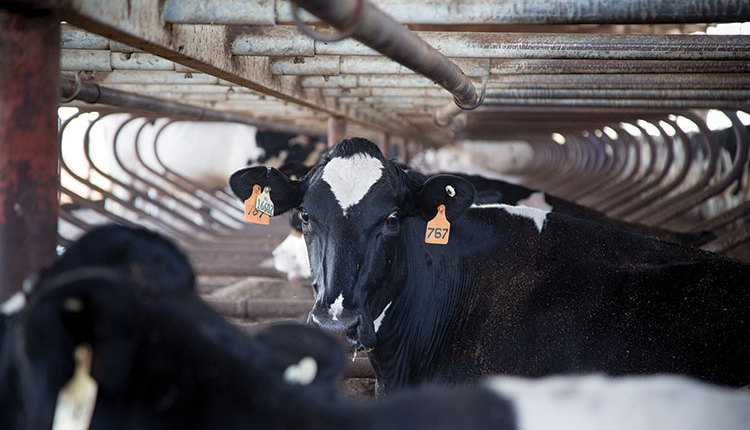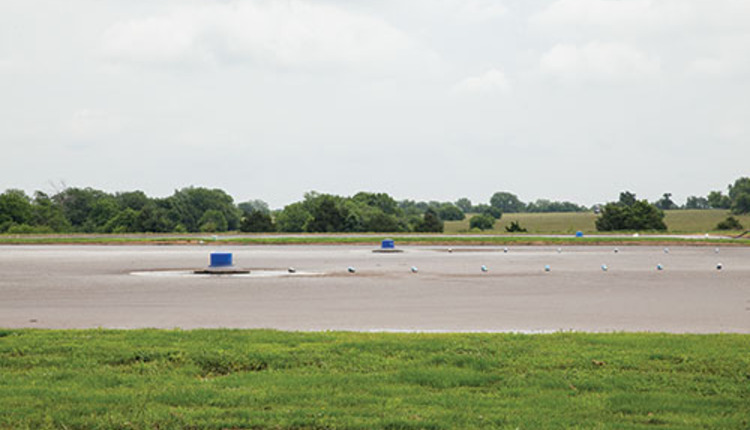The author is a field specialist with Iowa State University Extension and Outreach.

As agriculture’s labor pool continues to shrink, the dairy industry faces the challenging reality of attracting and retaining employees. Other businesses like construction, landscaping, hotels, and restaurants are competing for the same type of labor.
Producing high-quality milk is a labor intense job, yet it is a product that doesn’t receive a high payment compared to other industries. Although pay is a high motivator to stay at a job, employees are often more successful and retained at higher rates if training is offered. Training helps satisfy that need to develop and challenge their own set of skills and makes them feel a sense of ownership to the farm.
In addition to training, how can the dairy industry stay competitive in this tight labor market?
An inclusive mission
Start with a mission statement that makes a connection between the employees and the farm. They are not just milking cows; they are producing a wholesome product that helps feed families just like theirs. Help them find their “why” by identifying what makes them feel important and proud to be included in the day-to-day decision making of working with the cows. If they understand the goals of the farm, it will help them feel relevant and will challenge them to do their jobs correctly.
Create a culture
For many people, this could be their first time milking 200, 500, or even thousands of cows, and yet the farm is giving them the daily responsibility to observe, milk, move, and care for these animals. Expectations are likely high for them to perform their tasks accurately and efficiently. However, has the farm adequately provided the tools and training they need to complete their job safely, correctly, and efficiently? This could include teaching milking system maintenance, machinery maintenance like oil changes and upkeeps, and training on all the equipment they are expected to use.
If you create a culture where they are allowed to ask questions, they’ll likely offer feedback and ideas for solutions to help improve their job and the work environment.
Other ways to make farm employees feel like part of the business may include appropriate clothing for the weather elements, showing signs of appreciation and gratitude, involving them with day-to-day decisions that affect their responsibilities, and giving recognition for goals they’ve maintained, such as somatic cell count. Creating a positive culture among farm employees can reap benefits of improved milk quality, overall cow health and well-being, and a general sense of positivity among co-workers.
Start on the first day
Creating a positive and safe working environment starts on day one. Be there to help answer questions and make sure they feel like a part of the team. Cover the basics to help lower their anxiety about their first day, from what they should wear to where they should park and what is or isn’t allowed on the job. Clearly communicate what is expected of them.
Cows sense our stress and will pick it up through our body language and voice. If employees are stressed or uncomfortable, the cows will be harder to handle and work with. This causes problems for the people and the cows.
Be proactive
Training is not a one-time deal. It’s important to be proactive on continued training and education. Employees need to be reminded about the training, culture, safety, and importance of what they are doing on a regular basis.
Employees entering these positions may have minimal education and often speak different languages or dialects, making communication a challenge when they are asked to perform their tasks. If possible, provide education in their native language, and create visual materials such as posters, movies, animations, and hands-on learning opportunities that they can understand. Help them understand the “whys” of their job and they’ll be more likely to perform with greater efficiency and motivation.









